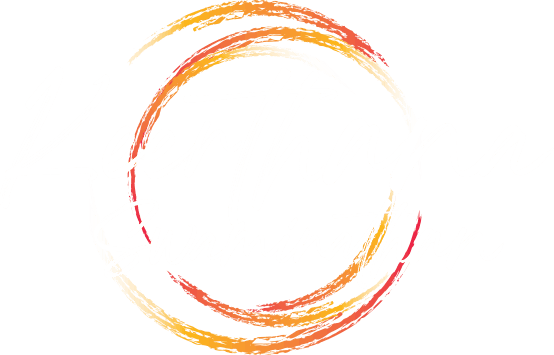Every person or athlete faces hardships or goes through a traumatic time. It is not common for your family member or friends to always have an answer to your problems. A support group is a social group of people led by a professional that come together to overcome or cope with their shared problems. It is a group that offers help, comfort, encouragement, advice, and guidance to overcome challenges.

Purpose of a support group
A support group is a safe space that provides athletes with practical and constructive help. Listening to others’ experiences can help you feel less alone and encourage you to overcome your obstacles through shared experiences.
As an athlete, the challenges you face on and off the ground are not understood by everyone. It is important to recognize that your mental state and emotions impact your performance. Therefore, understanding these emotions and creating effective coping mechanisms is important. To achieve this, a dedicated support group for athletes can bring new perspectives through experiences others have already had. A support group helps you focus on self-care and maintain a sense of optimism and hope for a better future.
Get the most out of a support group
A professional may organise a support group in several ways. You may be connected virtually or periodically meet in cafes or safe spaces to share your concerns. If you really wish to leverage the benefits of a support group, here are some tips to remember:
- Be a part of the discussion. Participate in activities and conversations that keep the group engaged. Listen to others and share your experiences whenever relevant.
- Be present. It is vital to turn up for support group meetings to stay connected with fellow members. Developing a certain level of comfort helps in your healing.
- Learn to listen. The purpose of a support group is to be present for one another. Learn to be sensitive to the issues others may be dealing with and offer support whenever possible.
- Track your progress. A support group offers you the necessary encouragement to bring about a change. Track how you are healing and the changes you experience in your game.
Impact on Athletes
A support group can help an athlete in several ways. It helps boost their self-esteem and may play a pivotal role in improving performance. Here are some other ways in which a support group impacts athletes:
Recognise that you are not alone
The pressure of competition and high-intensity environments are familiar to everyone in a support group for athletes. Sharing mutual experiences can help athletes gain a new perspective, cope with stress or even boost their morale.
Aids introspection
Sharing experiences with others helps athletes learn more about themselves. It helps build a strong identity within and beyond sports.
Reinstate the joy in sports
High-pressure situations or negative emotions may lead athletes to lose interest in their support. Sharing issues in a support group can help in realising their passion and reflecting on their journey. It enables you to understand your purpose and refocus on your goals.
Coping with injuries and burnout
Coping with an injury or burnout can be very tough for an athlete. It often spirals them in an endless rabbit hole of self-doubt. Sharing personal experiences in a support group allows athletes to address their issues and embrace their rehab journey.
Mend relationships with coaches and mentors
Athletes may feel their coaches are trainers being obtrusive. Sharing your feelings in a safe space can help you process the relationship and develop methods to communicate better.
An engaging support group can uplift an athlete’s morale and boost their performance. It promotes their overall well-being and prepares them for any challenges.
Are you looking for a support group to cope with your athletic career?
